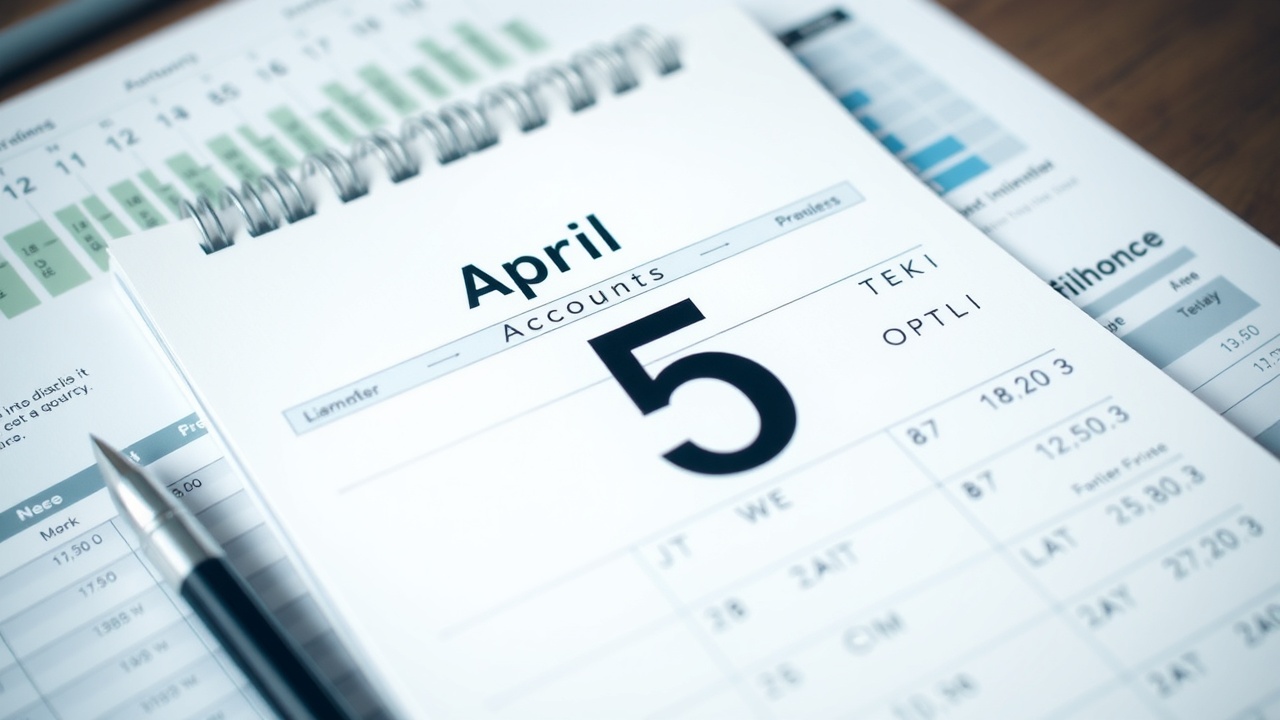
Soon, parents who earn a lot of money won't have to deal with the trouble of submitting a tax return to repay child benefits
We describe the changes and the operation of the high income child benefit charge (HICBC).
Soon, high-earning parents will be able to avoid the trouble of filing a tax return by paying the high income child benefit charge (HICBC) directly from their paystub.
The announcement was a part of the Spring Statement's announcement of several tax changes.
Employees who are required to pay the HICBC will have the option to pay the fee directly through PAYE and report their family's child benefit payments via a new digital service starting in the summer, eliminating the need to register for self-assessment.
This implies that they are not required to file a tax return and that the funds can be deducted from their payslip.
In the Autumn Budget, Labour had previously stated that it intended to streamline the child benefit system and allow working people to pay the fee using their tax code starting in 2025.
According to the Treasury, the HICBC changes will cost £25 million over the course of four years, from 2026 to 2027. This might be the result of more people applying for child benefit payments or of fewer tax returns being filed, which would reduce revenue.
How much does the high income child benefit cost?
If you or your spouse are deemed to be a higher earner, you may be required to repay child benefits through the high income child benefit charge (HICBC).
If your individual income for 2024 - 2025 exceeds £60,000, either you or your partner.
You will have to pay the fee during the tax year. The threshold is lower for prior tax years, at £50,000.
Jeremy Hunt, the former chancellor, increased the child benefit threshold to 60,000 in his Spring Budget last year.
Your "adjusted net income" must be calculated in order to determine whether your income exceeds the cap. This is your entire taxable income before any deductions, which includes dividends and interest from savings as well as taxable benefits from your job, such as a company car or health insurance, but excludes things like gift aid.
The person with the higher income is liable for paying the HICBC if both you and your partners have adjusted net incomes above the threshold.
You repay a portion of the child benefit on a sliding scale based on your earnings if your income is between £60,000 and £80,000. Individuals who earn over £80,000 repay the entire child benefit through taxes.
The child benefit tax charge must be paid if you or your spouse claim child benefits and you are the highest earner in your household with an income of over £60,000, according to Sean McCann, a chartered financial planner at the financial advising firm NFU Mutual. You repay one percent of the child benefit for every £200 over your total income of £60,000. When your income hits £80,000, you pay back the entire amount.
"Even if they are not your children, you may be charged if you moved in with someone who is receiving child benefits," he continues. The good news is that any contributions you have made to your pension are deducted from your income prior to the charge being applied. You will be exempt from paying the fee if it lowers your income below £60,000.
The high income child benefit charge: how do I pay it?
Current regulations require you to register for self-assessment, file an annual tax return, and pay the amount owed in order to pay the tax charge.
This strategy has long been criticized by experts because it compels parents to file taxes even in cases where they have no additional income or information to disclose.
This will change, though, sometime this summer. Parents will be able to pay the HICBC directly by modifying their PAYE tax code and report their family's child benefit payments using a new digital service.
The charge "will make it easier for those employees who have never completed a tax return" if it is made available through PAYE, according to McCann.
According to Alice Haine, personal finance analyst at the online investment platform Bestinvest by Evelyn Partners, "Parents who are responsible for the charge must register for self-assessment under the current system. The procedure will be made simpler by removing this obstacle and enabling parents to pay it using PAYE.
"The HMRC app makes managing personal tax matters much easier and is incredibly user-friendly. It should be possible to guarantee that more parents receive child benefit or do not lose out on National Insurance credits by incorporating an HICBC PAYE digital service into its array of offerings starting this summer.
What occurs if I choose not to pay the high income child benefit fee?
Some families have been hit with hefty tax bills and fines when HMRC catches up with them because they are unaware that they must pay the charge or are unsure if it applies to them. This has led to criticism of the charge.
"HMRC sent out more than 127,855 reminders in 2022/23 to people who needed to pay the high income child benefit tax charge," McCann tells the BFIA. You risk paying interest on the unpaid balance as well as a fine if you disregard these letters. Since the tax's inception in 2013, HMRC has collected 28.6 million from those who neglected to pay.
According to him, there have been "many instances where substantial arrears have accumulated over a number of years, leading to unforeseen five-figure tax bills."
Can the high income child benefit fee be avoided?
By reducing your earnings, you might be able to avoid or lessen the high income child benefit charge.
According to Haine, "salary sacrifice can be one way to ensure they receive as much of their child benefit payment as possible for high earners who risk missing out on part or all of it."
In exchange for higher pension contributions, some employers will allow their employees to pay lower salaries or bonuses. It is worthwhile to inquire about such a plan from your employer, since it would allow a parent to receive a larger portion of their child benefit entitlement by lowering their headline income.
Another possibility, according to Robert Salter, director of Blick Rothenberg, is for the parent with the higher income to cut back on their hours.
"A reduction from five days a week to four days a week, for instance, would result in one's income falling below the HICBC starting threshold," he says.
The headline salary loss is undoubtedly associated with this, but in certain situations, the actual net cost of the fewer hours worked (after accounting for additional childcare expenses, for example) may be minimal.
If I make more than £80,000, should I still apply for child benefits?
It might seem pointless to apply for child benefit if you or your spouse make more than £80,000 annually.
There are a few things to keep in mind, even though not doing so might spare you the trouble of repaying it using the high income charge. The first is the crucial matter of National Insurance credits, which may affect your eligibility for a state pension.
"What's important about the current system is that all parents, even those with high incomes, register for child benefit even though they lose the full benefit due to the HICBC," explains Haine. They are still eligible for valuable National Insurance credits that go toward their state pension, even if one or both partners make too much money to get a cash payout.
A parent automatically receives Class 3 National Insurance credits for each year they are registered for child benefits for a child under the age of twelve. This is equivalent to one qualifying year for the purposes of state benefits.
"A parent who doesn't register runs the risk of missing out on 12 years of state pension eligibility. Since child benefit is in effect until the youngest child turns twelve, a parent with multiple children may lose out even more.
It is possible to register for child benefit but choose not to receive the payments (thereby avoiding the need to pay the HICBC) while still being eligible for NI credits if you or your spouse are certain that you or your partner will earn more than £80,000 and your family will not be eligible for any child benefits.
Registering for child benefit is also a smart move, even if you choose not to receive the funds. This is because it guarantees that your child will automatically receive their National Insurance number three months prior to their sixteenth birthday, which is necessary for them to begin working.
Parents should carefully consider their income for a given tax year before opting out, Salter advises BFIA.
"It is always logical to claim the child benefit in the first place if the higher earning partner's income in a tax year falls between the 60,000 and 80,000 thresholds rather than obviously above 80,000. Although there is some skepticism in this area, this is actually the case even when one expects to make more than the £80,000 threshold.
He cites the examples of independent contractors whose earnings may vary from year to year or workers who receive a sizable portion of their total pay in commissions or bonuses.














Leave a comment on: There are changes to the rules for child benefit tax returns What is the high income child benefit charge?